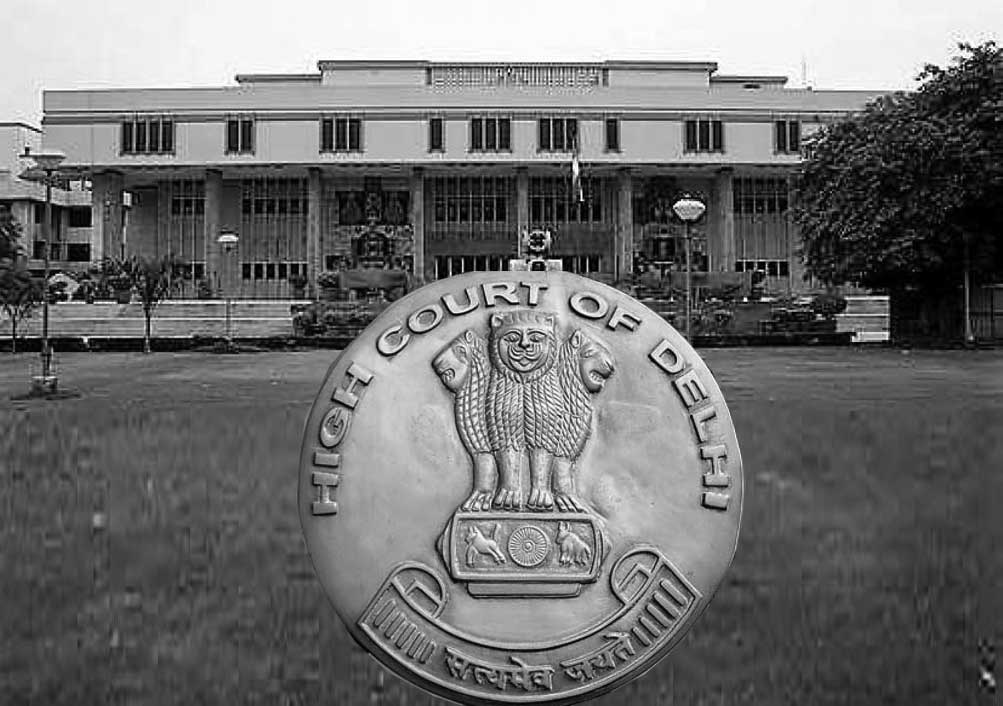InCUSAA 30/2021 -DEL HC- Delhi High Court clarifies: No time limit for filing application to amend shipping bills for rebates under Customs Act
Justice Yashwant Varma & Justice Dharmesh Sharma [26-09-2023]

Read Order:Commissioner of Customs V. M/s M.D. Overseas and Ors
Chahat Varma
New Delhi, September 27, 2023: The Delhi High Court has recently dismissed the appeal filed by the Commissioner of Customs, clarifying that exporters can amend their shipping bills to claim a service tax rebate, even if they have not included the declaration for the claim at the time of export, provided that they have all relevant documents and there is no deficiency in the documents.
In the case under consideration, the respondents had filed applications under Section 149 of the Customs Act, seeking an amendment in their shipping bills that were submitted at the time of exporting gold jewellery and gold medallions. The respondents claimed that they needed to amend the shipping bills because they had not included the declaration for the claim of Service Tax Rebate, which was required as per paragraph 2 of Notification No. 41/2012-Service Tax dated June 29, 2012. The Adjudicating Authority, however, denied the amendment applications filed by the respondents, stating that amendments could only be allowed based on documentary evidence that existed at the time of export. Dissatisfied with this decision, the respondents filed appeals before the Commissioner of Customs (Appeal), but these appeals were also rejected.
Subsequently, the respondents filed second appeals, and the Customs, Excise, and Service Tax Appellate Tribunal (CESTAT) ruled in favour of the respondents, holding that applicability of Section 149 of the Customs Act related to the amendment of documents is based on the principle that all that needs to be considered is whether documentary evidence existed at the time the goods were exported. In this case, there was no document that did not exist at the time of export because the only thing the appellant sought to amend was the inclusion of a declaration indicating their intention to avail the rebate under paragraph 2 of the notification. Therefore, the documents mentioned in the order of the Commissioner (Appeals) were not required to be examined in this context.
The division bench of Justice Yashwant Varma and Justice Dharmesh Sharma carefully examined Section 149 of the Customs Act and noted several key points. Firstly, the section does not specify any time limit for filing an application to amend relevant documents for seeking rebates or other benefits. Secondly, it does not outline any specific grounds or reasons that would enable an exporter to request amendments in shipping documents. Thirdly, the section allows for proposed amendments in shipping bills, provided they are supported by documentary evidence that existed at the time the goods were exported.
The bench stated that in the present case, all the relevant documents containing requisite information had been duly submitted by the respondents along with their request letters. It is not the case of the appellant that any notice pointing out any deficiency in the documents was served by the Proper Officer upon the respondents. Apparently, all the relevant documents that could have been filed at the time of exports were available in their original form and format without any change, and they were submitted along with the application for amendment of the shipping bills, etc. Thus, the bench ruled that there was no reason to hold otherwise, and nothing more was required to be done on the part of the respondents.
Consequently, the bench ruled that there was no legal infirmity, perversity, or incorrect approach adopted by the CESTAT in allowing the respondents the benefit of STR based on the exports made during the relevant period.
Sign up for our weekly newsletter to stay up to date on our product, events featured blog, special offer and all of the exciting things that take place here at Legitquest.




Add a Comment